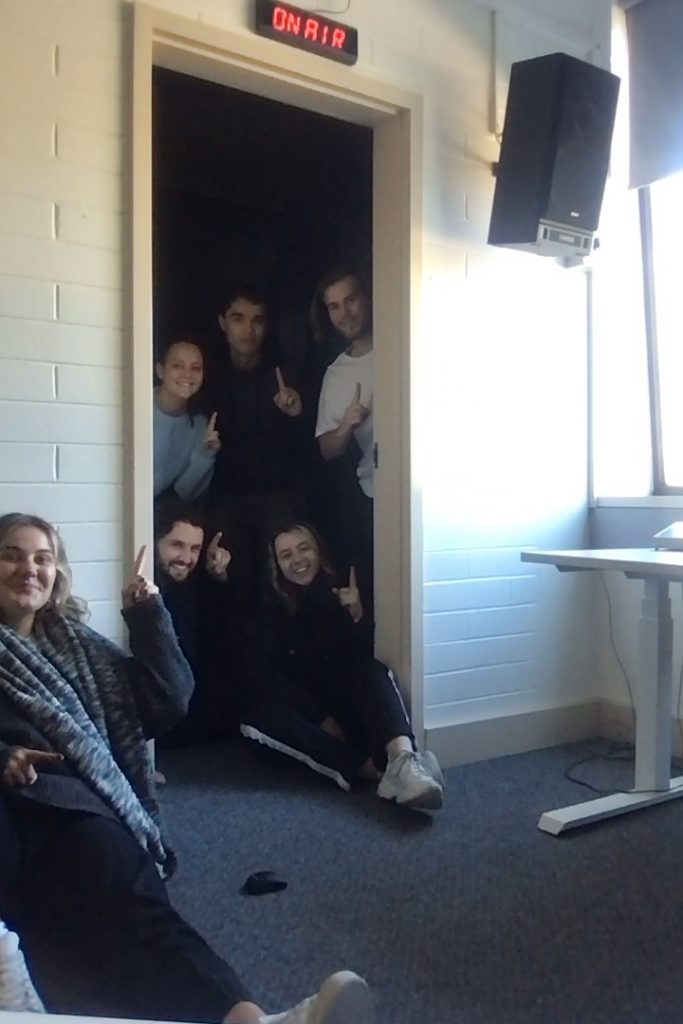Costs used to deter 'free' information
By BENJAMIN MUTANDADZI
IN 2005, former ACT Chief Minister, Jon Stanhope said, “Freedom of Information does not mean the same as ‘free information’”, and after completing a Freedom Of Information (FOI) task for a University of Canberra Investigative Journalism class, I have to agree.
The FOI request I crafted was directed at the ACT Department of Justice and Community Safety. The request focused on the confiscation of drugs contraband from prisoners in the Alexander Maconochie Centre for the years 2009-10 and 2010-11. The request asked for access to documents about the total numbers of both illicit and prescription drugs in the Centre be supplied.
By law, an ACT government department must acknowledge an FOI request within 14 days of receiving the request. My request was responded to within that 14 day limit, however it was responded to with a phone call two minutes before close of business on the Thursday before the Easter long weekend. I missed the call and had to wait until the following Tuesday to make contact with the FOI officer from the Department.
Any member of the public can make an FOI request. All one must do is make a request to the relevant FOI officer of a government department and be as specific as possible about what information they are trying to obtain. It is then the job of the FOI officer to help the applicant narrow down their request if it is not specific enough.
When I contacted the FOI officer at the ACT Department of Justice and Community Safety, I was told that my request was too broad and that it would have to be amended in order to cut down on the time it would take to gather the relevant documents.
We worked together to make these amendments and I was told that I would get a response after the FOI officer spoke to their supervisor.
The statutory time that a government department has for either releasing the documents or rejecting the request is 30 days, as is outlined in section 54S of the FOI Act. However, ten days after my last conversation with the FOI officer, I received a letter from the Department.
The letter advised me that in order for my FOI request to be successful, I would need to provide irrefutable evidence of financial hardship, or pay a $768.75 fee. This fee is due to the fact that the time taken to retrieve documents is charged at a rate of $30.75 per hour, with the first 10 hours of retrieval being free of charge.
There is a clause in FOI applications that if the applicant is suffering financial hardship then the fee will be waived. This is to encourage everyone to have access to Departmental documents.
However, studying as a full time student is not enough to qualify to have the fee waived.
Furthermore, I would have to provide ACT Corrective Services with massive amounts of personal information pertaining to my employment and any government financial support or other financial support received through my family or friends.
As a full time student, work takes a back seat to studies and any welfare payments a full time student receives from the Government is intended to support the student through a time of little to no monetary security.
Senior Lecturer in Administrative Law at the University of Tasmania Rick Snell, says that the threat of fees is a common method of deterrence.
“This is only one more example of the common practice, at all levels of Australian government, to use fees and time delays to deter individuals and organisations, especially media outlets, from effectively using FOI legislation,” he said.
However, there may be a case that ACT Departments are struggling with the financial burdens that FOI requests place on their departments. The Auditor-General’s Office estimated that it costs the ACT Government $4.5 to $5 million to provide FOI services each year and in 2008-09 only $280 worth of fees were taken.
According to the Department of Justice and Community Safety’s most recent annual report, the Department received 101 FOI requests between 2009-2010 with 71 per cent of those requests being finalised within 30 days or less and 23 per cent taking longer than 30 days.
My FOI request has now taken more than 30 days to be finalised. In fact, it has taken so long that I have been left with no time to receive the documents and write the story I originally had in mind.
I will, however, continue with my request as I truly believe there is a story to be had. A belief possibly shared by the Department of Justice and Community Safety.





Be the first to comment!